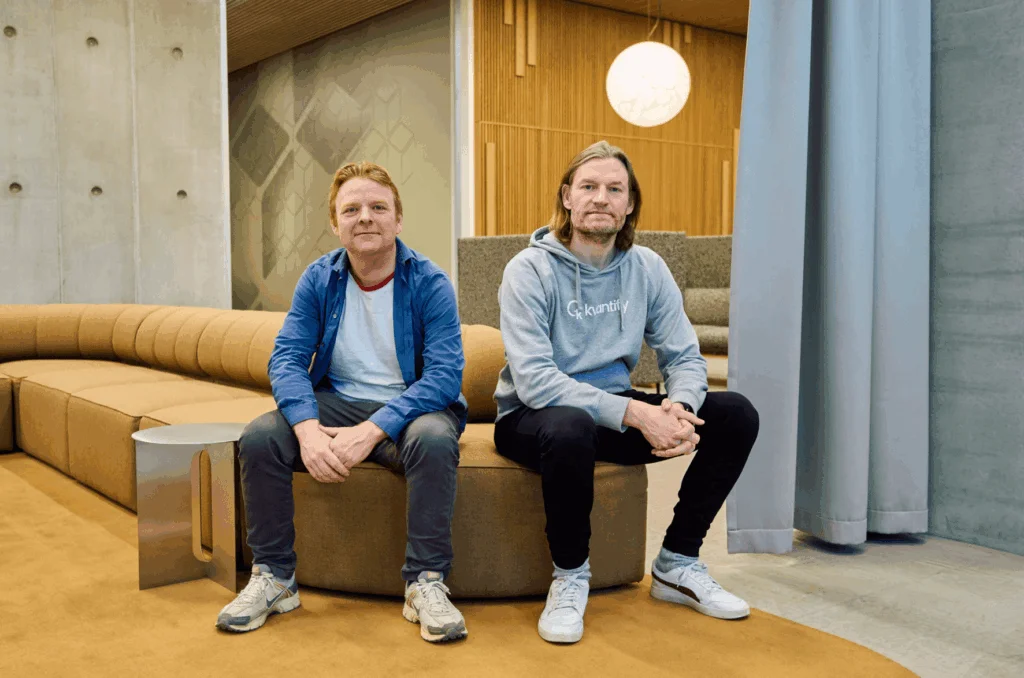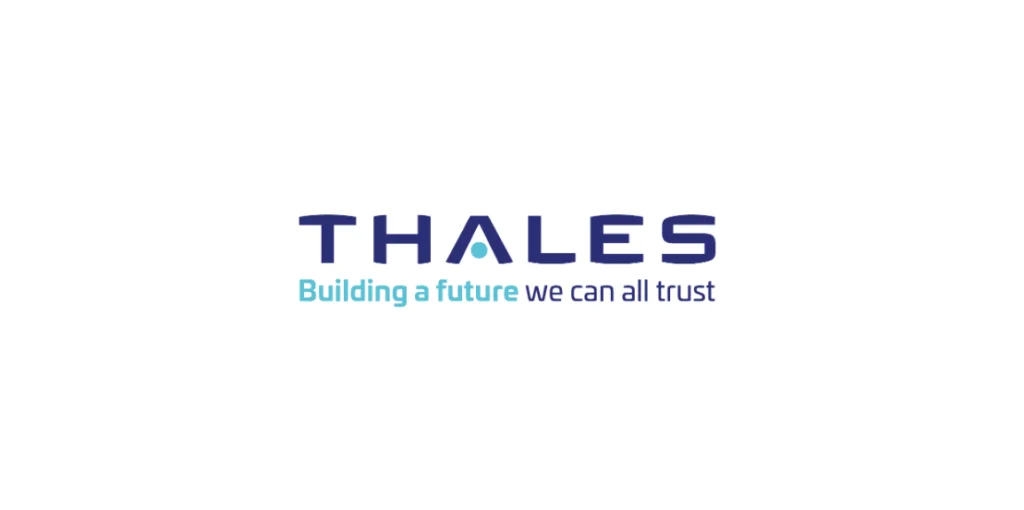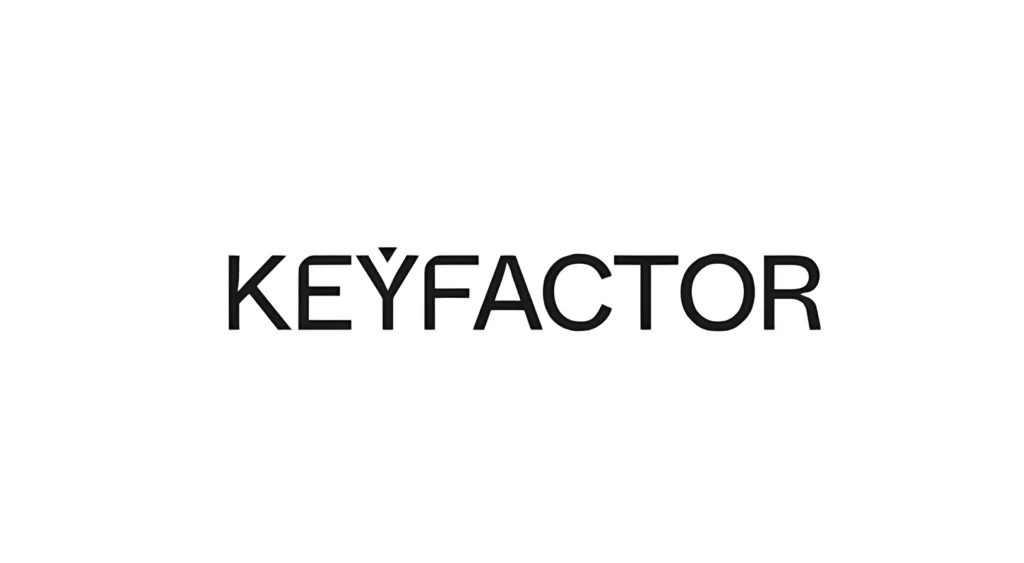If we are ever to see the popularization of quantum computing, we will rely heavily on the groundwork being done by research groups and initiatives around the world

Doing Their Best
Some months ago I published an article on TQD featuring the Skolkovo Institute of Science and Technology, based in Moscow, Russia. The institute — headed by American scientist Jacob D. Biamonte — is just one of a number of research groups that are appearing on the scene.
Other such groups like the Baidu Institute of Quantum Computing, the Centre for Quantum Photonics, INQNET, and Terra Quantum are — in one form or another — doing their best in business and academic outreach to spread the word of this disruptive technology.
And as quantum information science and the sub-discipline of quantum computing (QC) become ever more popular, the case that more such groups will come into being is not in doubt.
Another one of note doing its thing in the steamy tropics of southeast Asia is the Centre For Quantum Technologies (CQT), Singapore. A Research Centre of Excellence (RCE), its host is the National University of Singapore (NUS). The CQT also has staff at Nanyang Technological University (NTU).

‘The Centre’s outreach programme exists to inspire young people’s interest in science, to support media reporting on quantum technologies, and to engage adults from all backgrounds in learning about how nature works and what new technologies may affect their future.’
— CQT
CQT
Founded at the back end of 2007 with the help of Singapore’s National Research Foundation and Ministry of Education, the CQT’s purpose is to ‘bring together physicists, computer scientists and engineers to do basic research on quantum physics and to build devices based on quantum phenomena.’
Head of the team of over 150 scientific researchers and support staff is British-Polish professor of quantum physics, Artur Ekert, the CQT’s founding director. As well as leading the team at the CQT, Ekert storied resume in academia includes a Ph.D. from the University of Oxford, where he later taught, as well as a Lee Kong Chian Centennial Professor at the National University of Singapore. With such awards like the Maxwell Medal and Prize (1995), Hughes Medal (2007) and Fellow of the Royal Society (2016) in his trophy cabinet to boast about, the centre is in good hands for the foreseeable future.
Apart from the CQT’s academic focus, its outreach program is one thing the inchoate industry desperately needs and appreciates.

It intends to disperse information in quantum information science to the public, to schools and the media in the following ways:
Discovery:
[By]pursu[ing] insight into the physics that describes light, matter, and information. We develop novel tools to study and control their interactions. Our research goals range from understanding the properties of materials to working out new encryption schemes.
Technology:
[By] build[ing] technologies for secure communication, quantum computing, and precision measurement. We create our own software and control systems that push the boundaries of what’s possible. We collaborate and consult with industry.
Education:
[By] train[ing] people from undergraduates to postdoctoral fellows. Our quantum technologists are skilled in planning and problem-solving, with diverse skills such as coding, circuit design, and systems engineering. Our alumni have moved on to jobs in academia and industry.
We’re living in interesting times, there’s no doubt about that, especially in a technological sense. With initiatives like the CQT making inroads in the dissemination of information in QC, as well as educating the masses in the process, Singapore — which is already becoming a hotbed for QC startups — could be one of the countries to watch in the space in the years to come.
















